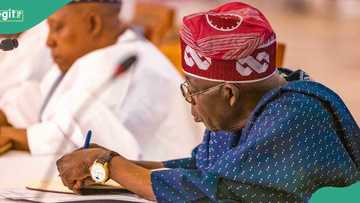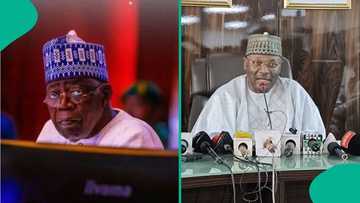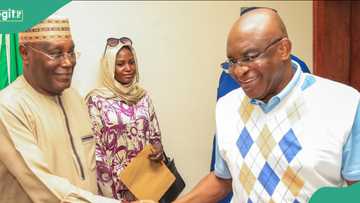Election Explainer: How is the INEC Chairman Appointed?
- With 2027 elections approaching, attention turns to how Nigeria’s next INEC chair could be appointed and confirmed under constitutional guidelines
- The president nominates a candidate after consulting the Council of State, while final approval rests on Senate screening and confirmation
- Debate grows over whether a president’s power to select the election umpire threatens the independence of Nigeria’s electoral process
With attention slowly turning toward Nigeria’s 2027 general election, the position of the Independent National Electoral Commission (INEC) chairman is once again under scrutiny.
Current chairman Mahmood Yakubu, who oversaw the contentious 2023 polls, faces persistent calls for removal from critics who accuse him of mismanaging the vote.
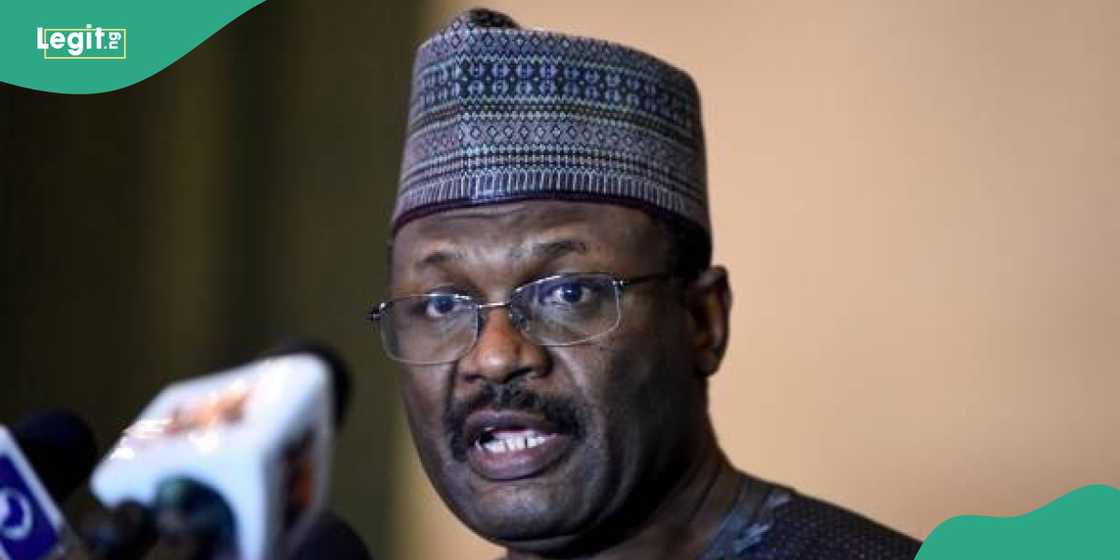
Source: Twitter
Step-by-step guide to INEC chair appointment
Understanding how this powerful office is filled is key to following the debate over whether President Bola Tinubu will retain Yakubu or seek a replacement before the next national contest.
The Nigerian Constitution provides a clear framework for appointing the head of the electoral commission.
Section 153 of the 1999 Constitution lists INEC as one of 14 federal commissions whose creation is guaranteed by law. Section 154 details the process for selecting a chairman.
First, the president nominates a candidate after consulting the Council of State, an advisory body that includes the president as chair, the vice president, all former presidents and heads of state, the senate president, the speaker of the house of representatives, the attorney general of the federation, the minister of justice and all 36 state governors.
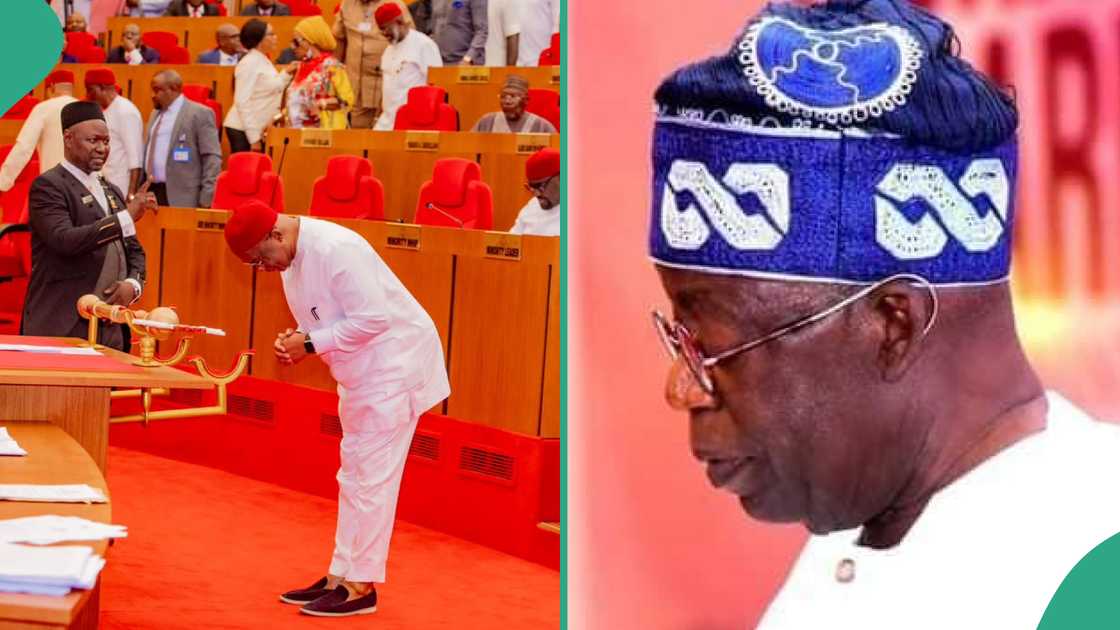
Source: Twitter
Once the president makes a choice, the nominee faces a Senate screening. Only after receiving Senate confirmation can the nominee officially assume the office.
The screening is designed to test the candidate’s neutrality and professional competence, since the INEC chair must be trusted to conduct elections for all political parties without bias.
This process means that while the president initiates the appointment, it cannot be completed without the participation of both the Council of State and the Senate.
The structure is intended to prevent unilateral action, but critics argue that a president with a supportive Senate still holds significant sway over who leads the electoral commission.
Nigeria’s constitutional process for 2027 INEC leadership
Mahmood Yakubu was first appointed in 2015 by then President Muhammadu Buhari and reappointed for a second term in 2020. His tenure runs until 2025 unless the president decides to replace him earlier using the same constitutional pathway.
Should a change occur ahead of the 2027 election, President Tinubu would need to consult the Council of State, nominate a successor and secure Senate approval before a new chairman takes office.
The arrangement continues to spark debate among civil society groups and political observers. Opponents say allowing the president to select the nation’s top election umpire undermines the commission’s independence.
Supporters counter that past elections have shown that a president’s nominee can still preside over outcomes unfavorable to the government, pointing to the 2015 contest when Attahiru Jega, appointed by President Goodluck Jonathan, supervised the election that led to Jonathan’s defeat.
INEC shuts offices in Kwara
Earlier, Legit.ng reported that fear gripped several communities in Kwara state following fresh attacks by suspected terrorists, popularly known as bandits, who are now targeting politicians and electoral officials.
Legit.ng gathered that on Sunday night, gunmen stormed Sakpefu community in the Lade district of Patigi Local Government Area and abducted the wife and daughter of the local chairman of the All Progressives Congress (APC), Alhaji Mohammed Swasun.
Source: Legit.ng

